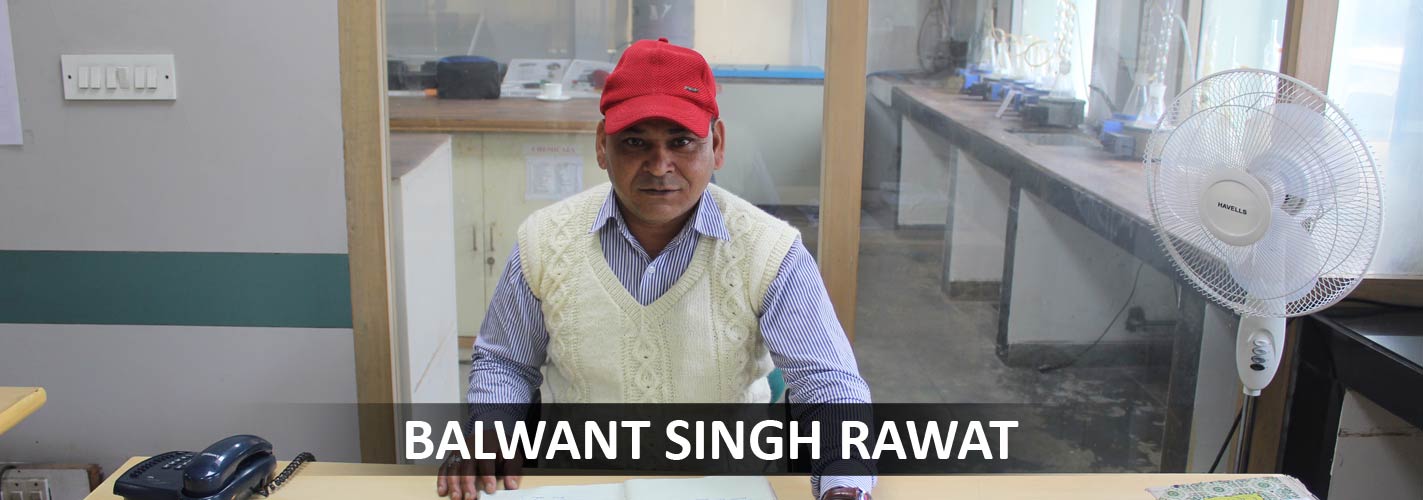Lead Like A Parent, Parent Like A Leader
September 9, 2019

As a parent, we love our children because they are an extension of us. We dote on them because we want them to grow in a happy atmosphere. We own their problems, accept the way they are and simultaneously offer constructive criticism because we want to enable them to learn the ropes of the world. Similarly as a leader, we want our team members to grow and learn because they, too, are an extension of us and we wish to bring the best out of them to handle the chaos of the world. A leader bears the ownership of his team; he lends support, devotes time and often criticizes for the benefit of his team.
“Before you are a leader, success is all about growing yourself. When you become a leader, success is all about growing others.” The same quote by Jack Welch can be used for parents. The ability to consistently protect and promote the growth of the ones we are accountable for is what sets great parents and leaders apart from others. Both a parent and a leader share a common goal – to enable and guide their children/team members to become future leaders, much like transforming the shattered pieces of glass into a mirror in which they can see their own reflection.
In the dynamics of the workspace, a leader attains the role of a parent and a young team member takes on the role of a child. We have to be harsh as well as accommodating at times. Following are the ways in which I try to do justice to both my roles:
Lead by example – I find it essential that to be a role model, our actions should be the reflection of our words in order to build trust among the team and treat others the way we wish to be treated. It often happens that we sometimes fall short of being the perfect role model and unintentionally repeat the adage of ‘Do as I say, not as I do’ through our actions. They are looking at us for everything and at times imitating too, so we need to be very subtle with our actions to foster our credibility.
Inculcate a questioning mind – We must not suffocate the curiosity of a child, or that of a teammate. I strongly advocate youngsters to read constantly and engage with the real world. The more they do that, the more they can understand the nitty-gritty details of the real as well as the corporate world. The more questions they ask, the more interested they are in attuning themselves to the processes at bay. Therefore, as a leader and a parent, it is important to keep this questioning mind running.
Be patient with them – Being a leader and a parent means that we will constantly be put in testing situations. I believe it is at times like these that the leader must develop a thick skin and a positive attitude. In both roles, we need to evaluate tension points in an unbiased way, and not run away from our responsibilities. But it is our duty to gently make them see the larger picture and to help redress their problems.
Encourage them to participate – Much akin to the ways in which I, as a parent, encourage my children to adopt healthy habits by means of rewarding them for their behavior, as an effective manager, I encourage my team to participate wholeheartedly in the team’s or company’s initiatives. Rewarding good behavior through gifts, perks, more responsibility or more freedom are some of the ideas that provide a sure-shot formula for a happy team.
Teach them to build empathy – The ability to recognize others’ emotions and their situation is a core value that is a universally required asset. It is important to be a good human being, and therefore it is the duty of the parent and the leader to inculcate this value in their children and team members. Empathy can be innate or can be generated, and in most cases, it is empathy that is the guiding force to take key business decisions.
There is no right way to parent a business or to lead a home. At the end of the day, there are no classroom courses for parenting and raising children or being a leader of tomorrow; these are just some tough roles that can not be learned but done with constant practice, hard work, and mostly good intentions. This is what I strive for and this is what I hope to inculcate in my future generations – my children and my teammates.





